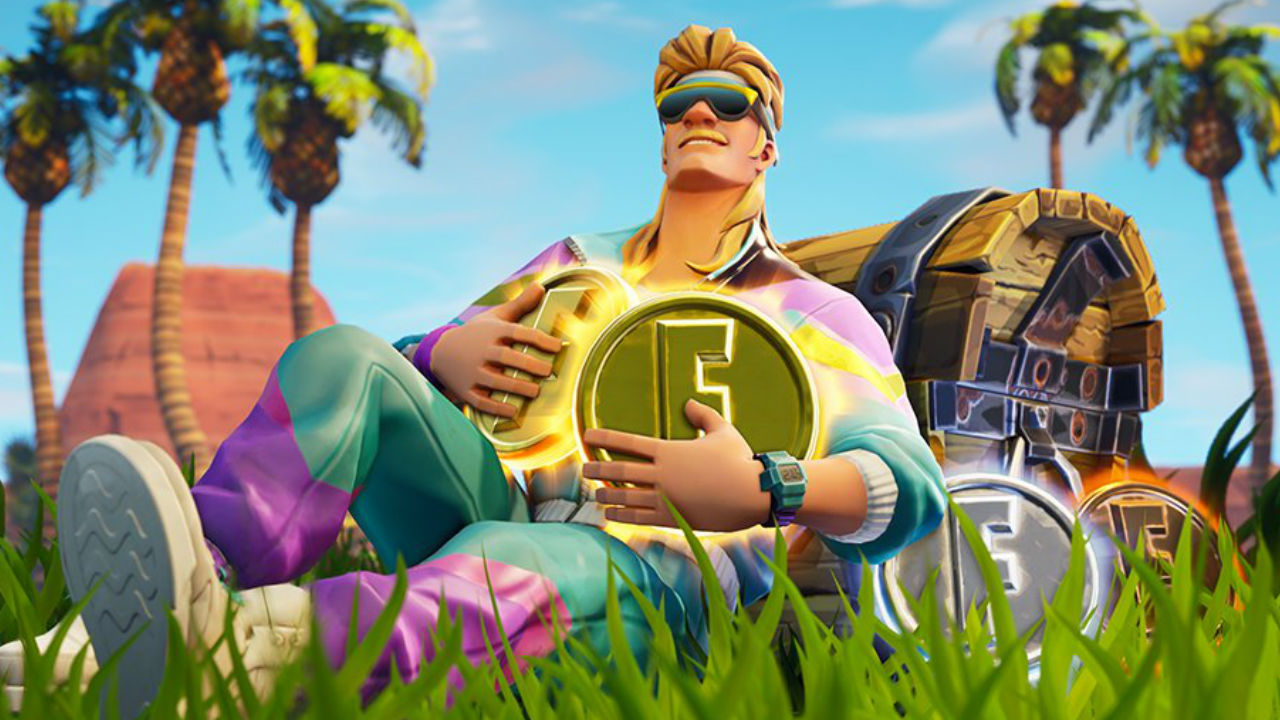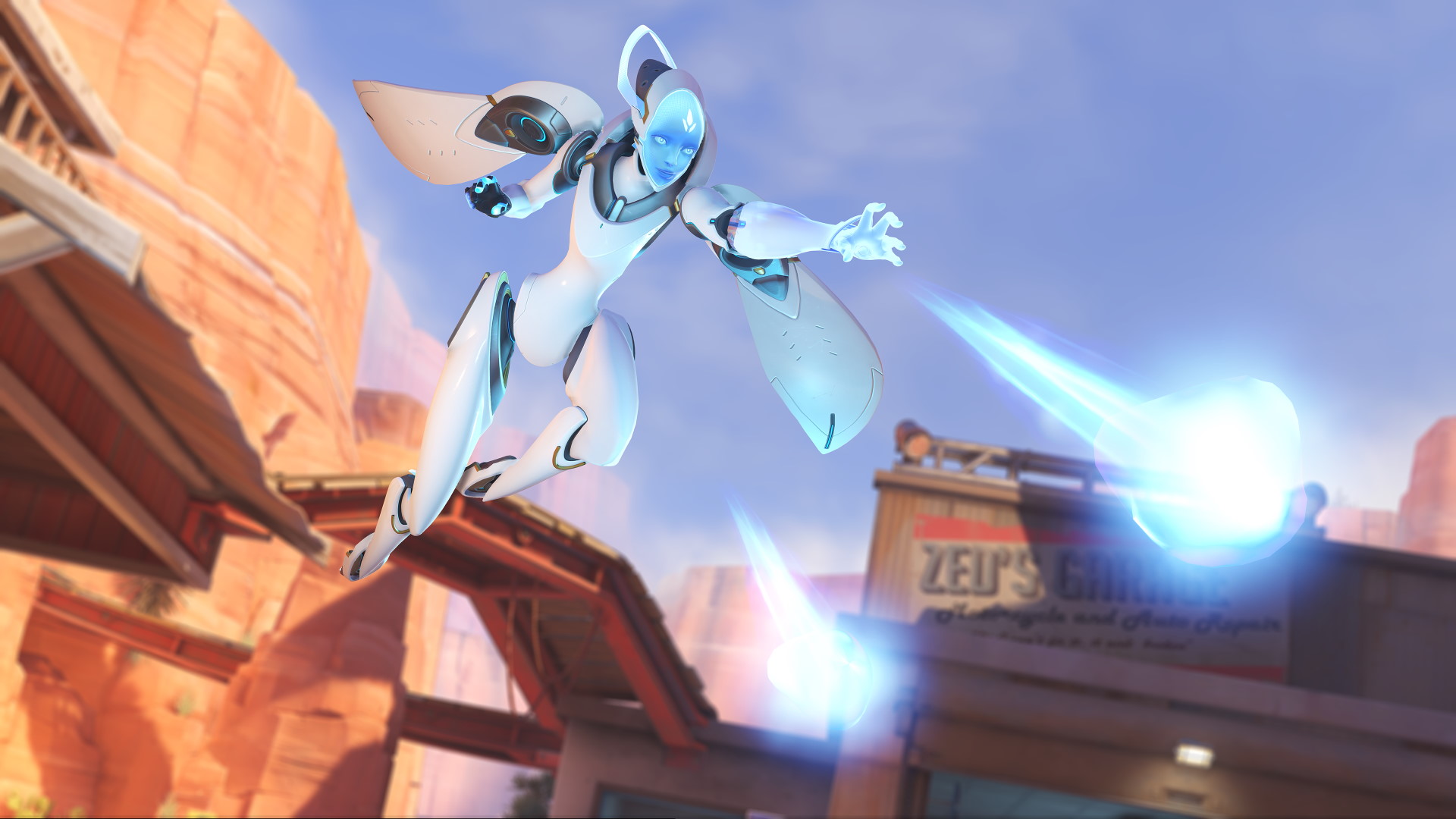Is gaming as a service running out of steam?
Although the games as a service model became big news, it may be losing appeal

Gaming as a service has become so popular among developers that it's almost an industry staple. Whether or not you're familiar with the term, you've seen it in action before. This is where developers keep offering new content in exchange for more payments, making games more like a service than a product. Some of gaming's biggest titles like Fortnite, Destiny, and World of Warcraft all use this model.
Some games as a service models, like Overwatch, keep you playing by offering loot boxes or other microtransactions. Others, like World of Warcraft, use a monthly subscription instead, and there are different ways to go about it. They all have one thing in common, though: they don't offer the full game experience for a one-time payment.
Games as a service titles have plenty of advantages, but their time in the limelight may be coming to a close.
Where gaming as a service falls short

There's no question that gaming as a service is a profitable business model. Fortnite, which makes money exclusively through microtransactions, made $1.8 billion in 2019 alone. However, an Epic Games representative responded to a request for comment from a gaming industry site and disputed that figure. It says the company does not and has never released Fortnite revenue figures.
Since publishers can make so much money from one game, it could discourage them from creating new products. It's tempting to put all your efforts into sustaining a service-based game instead of taking risks with something new. As a result, games as a service could hinder innovation or creativity in the gaming industry. That trend could also make players lose interest in some companies’ products.
As an audience, we're starting to get tired of some games as a service models, like microtransactions, too. Gamers have recently criticized Marvel’s Avengers for adhering to games as a service, and when EA defended microtransactions in Star Wars: Battlefront 2, it broke the record for the most-downvoted comment in Reddit history.
While games as a service may work well for multiplayer arena-type games, it can hinder single-player experiences. When you have to keep paying to access different parts of the game, it can disrupt storytelling. With games like The Last of Us 2 putting plot in the spotlight, studios may want to consider models that allow for better storytelling.
Weekly digests, tales from the communities you love, and more
Some game developers seem to be moving away from the games as a service model, though. CD Projekt announced that there would be no microtransactions in Cyberpunk 2077, one of the most-anticipated games of the year. Such a significant voice in the industry could alter the plans competitors make and change how players interact with current and upcoming titles.
The case for games as a service

None of this is to say that games as a service are inherently a bad thing. In some instances, it’s a better model for gaming, for both developers and players. Take Fortnite, for example. Through microtransactions, it can afford to make its base game free and more accessible.
While gaming as a service models can mean more money in the long run, they often involve less cash up front. As a result, if you try a game out and don't like it, you can quit without sinking too much cash into it. That's especially handy for people who don't have as much disposable income but want to play.
You could also argue that modern production costs justify charging more through games as a service. AAA studios often spend hundreds of millions of dollars to make a game, so it takes more to make a profit. Turning to games as a service allows them to make that money back without raising the initial price tag.
A new breed of gaming as a service could make video games more accessible than ever. Game streaming services like xCloud or Google Stadia can let you access new, big-budget titles without needing high-end gaming equipment. Smartphone characteristics as simple as a high-resolution display could make it a suitable gaming device. The newest mobile devices could even begin to take the place of some gaming consoles as the player experience becomes more convenient.
Amazon’s new Luna service uses its cloud servers to deliver content. The main benefit to gamers is that they can start playing on one device and resume on another. Players can access games on computers, tablets, and iPhones, with Android support coming soon. Amazon wants to make gameplay instantaneous and available on any screen-based device.
Striking the balance

Like most trends, gaming as a service works in some instances, but not with everything. This model may hinder narrative-heavy or exploration-based games, but it works well for multiplayer-focuses games like Fortnite. Matching price models to a game's style ensures better gameplay and creativity in the industry.
Developers can use games as a service for multiplayer-heavy games to make them more accessible. If they want to provide a more story-focused experience, they can stick with a traditional pricing model. The future of gaming isn't on one side or the other but in offering a variety.
We may be growing tired of some games as a service models, but others show a lot of promise. Service-based games could start to move away from microtransactions in favor of a Netflix-style approach like Stadia. Overall, this idea could be better suited to game libraries than it is for individual games.
It's going to take some time for developers to figure out the best way to utilize games as a service. Gamers are a vocal bunch, so the reception of new games and pricing models will influence where the industry goes from here. There will be missteps along the way, but games and how we pay for them will evolve to fit our needs.
Games as a service is changing, but it's not dead yet

As long as gaming as a service is profitable, publishers will pursue it. Microtransactions and other forms of this model have received so much negative feedback that some developers are moving past it, like in Cyberpunk 2077. The longer this trend goes on, the more game companies will refine and perfect it.
Games as a service may be on the brink of change, but it's not going away forever. It may shift toward a library-based model like xCloud and Stadia, or publishers could take a more varied approach. Like any trend, some aspects of games as a service will stick around while others fade.
Just as games as a service replaced traditional pricing models in some areas, new forms will replace what we have now. We can't say for sure what the future of gaming will be, but it looks like things are changing for the better.
Free games are a great way to find more to play without ever needing to open up your wallet. Check out our list of the best free games.


